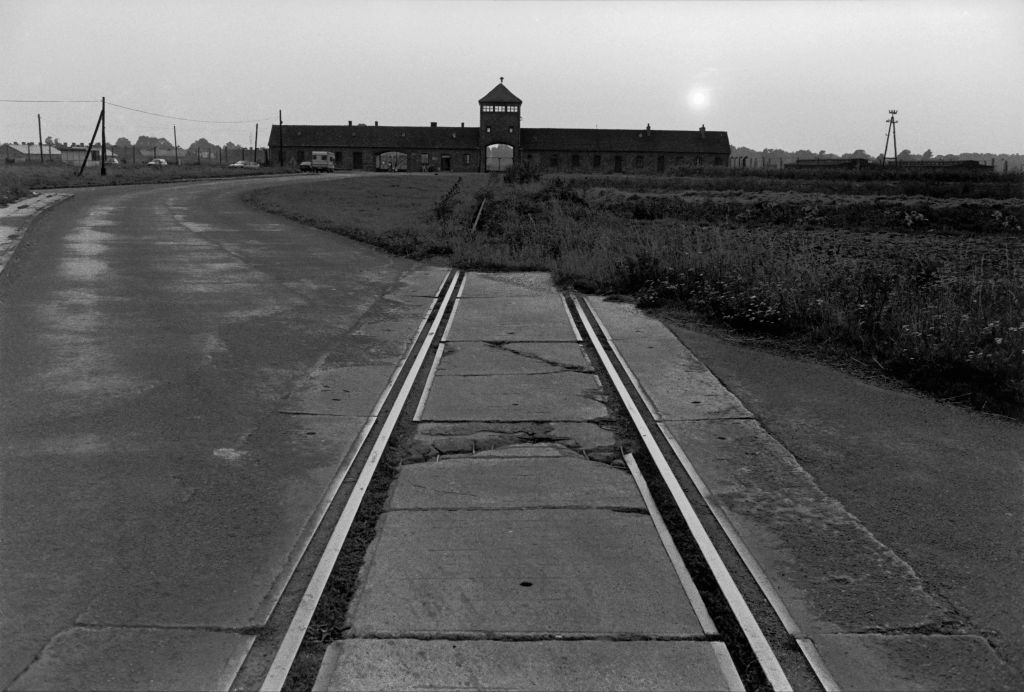The 75th anniversary of the liberation of Auschwitz by the Red Army is an occasion marked by angst as well as sadness. Anti-Semitism is back with a vengeance around the world, as if the lessons of the Holocaust had evaporated with time—or, even worse, had never been fully integrated into our collective consciousness.
This unprecedented crime, perpetrated by one of the most advanced and cultivated societies on earth, was the most extreme example of the horrors humans can inflict on one another. When pushed by a combination of fear and hatred, people can become monsters.
The current resurgence of populism and nationalism makes it all the more important to commemorate the victims of Auschwitz. But, 75 years on, the duty to remember is doubly threatened: by the political instrumentalisation of the Holocaust, and by the natural human proclivity to forget the past or become indifferent to the suffering of others.
More than ever, we are witnessing what could be called the geopolitics of Holocaust memory. Five years ago, in 2015, the only commemoration of the camp’s liberation took place in situ at Auschwitz, under the aegis of the Polish government. (In the immediate aftermath of Russia’s seizure of Crimea, Russian President Vladimir Putin was not invited to address the gathering.) This year, however, there has been a competition between two commemorations: one in Jerusalem at the behest of the Israeli government and the European Jewish Congress, and the other, sought by the Polish government, at Auschwitz.
Poland, where the horror took place, sent no delegate to the Jerusalem ceremony, after its president, Andrzej Duda, refused to attend. Duda had not been invited to speak at the event, whereas Putin, French President Emmanuel Macron, his German counterpart Frank-Walter Steinmeier and Britain’s Prince Charles were.
Read the article by Dominique Moisi in The Strategist.

